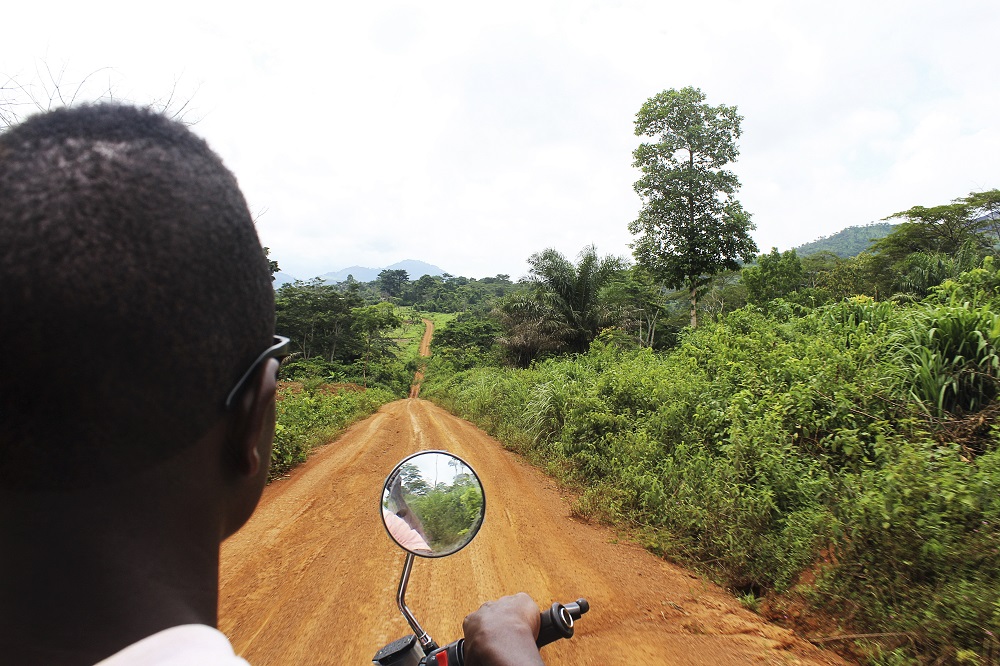An immersion into social cohesion dynamics in the West of Côte d’Ivoire

The military coup attempts in September 2002 and the post-electoral crisis of 2010-2011, gave rise to a significant socio-political crises in Côte d’Ivoire. This event deepened the already existing social divisions in the country and exacerbated cohabitation tensions in different regions. In the West, the conflicts between populations, mainly around issues related to sharing resources such as land or pasture, became many times violent. To mitigate this social fracture and give populations the opportunity to overcome their differences and relearn how to live together peacefully, several state and non-state initiatives emerged to support community dialogue processes and reconciliation.
From 2012 to 2013, Interpeace and partner organization Indigo Côte d’Ivoire conducted a participatory research process to identify and analyze the dynamics and conflict resolution capacities of people in the West of Côte d’Ivoire. As a way to deepen this understanding and inform actions to be taken in the future, a complementary dialogue and research process was developed in 2017 with the support of the European Union, to analyze the risks and opportunities for social cohesion and peace infrastructures (peace committees). As part of this project, two short videos and one report were produced. The report is entitled “The outsider cannot come hide behind a termite mound and wish that his head be taller”: A local analysis of risks and opportunities for social cohesion in the West of Côte d’Ivoire.
The research identified four obstacles to social cohesion in the regions of Guémon, Tonkpi and Cavally: A). Beyond the broadly debated question of land tenure, the feeling of inequality regarding the economic opportunities of outsiders (allochtones/allogènes) versus those of locals (autochtones) seems to negatively impact peaceful cohabitation among the different communities in western Côte d’Ivoire. B). Young people do not find opportunities for a better future in their local areas, leading to social despair and moreover to violence and/or migration. C) Local chieftaincies face a crisis of legitimacy, because they are called into question by youths while also being subject to external power relations. D). A decisive number of peace committees have ceased to exist due to the absence of a culture of civic engagement.
The results of this report serve as a basis for the second phase of the current project, which aims to support the consolidation of sustainable frameworks of community gathering, building upon peace infrastructures and public authorities.
Read the full report in French here.
Read an illustrative summary in English here.
Watch the first video “Beyond the question of land tenure, the figure of the outsider” in French here.
Watch the second video “Crisis of local chieftaincy: An empty bag cannot stop” in French here.
